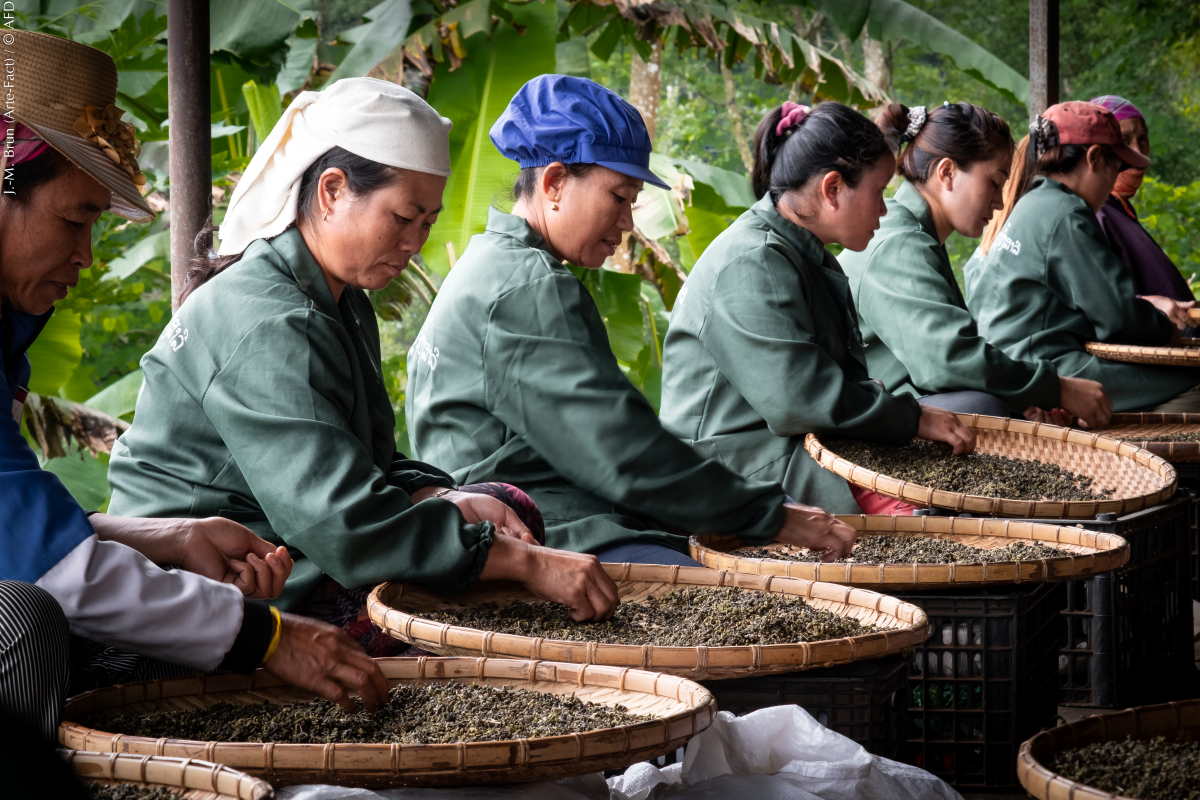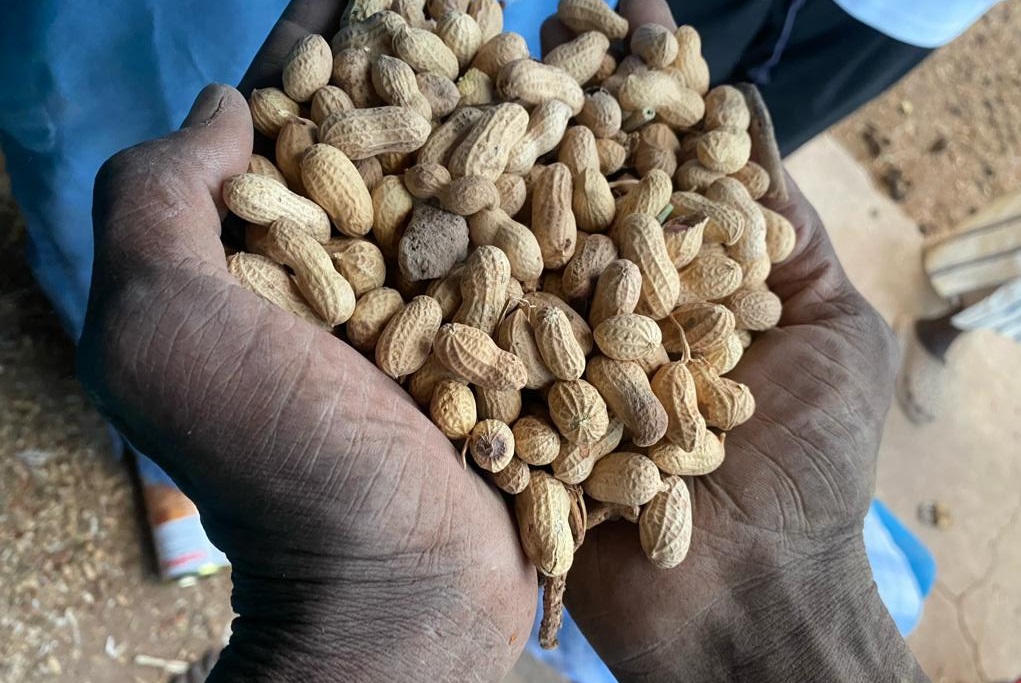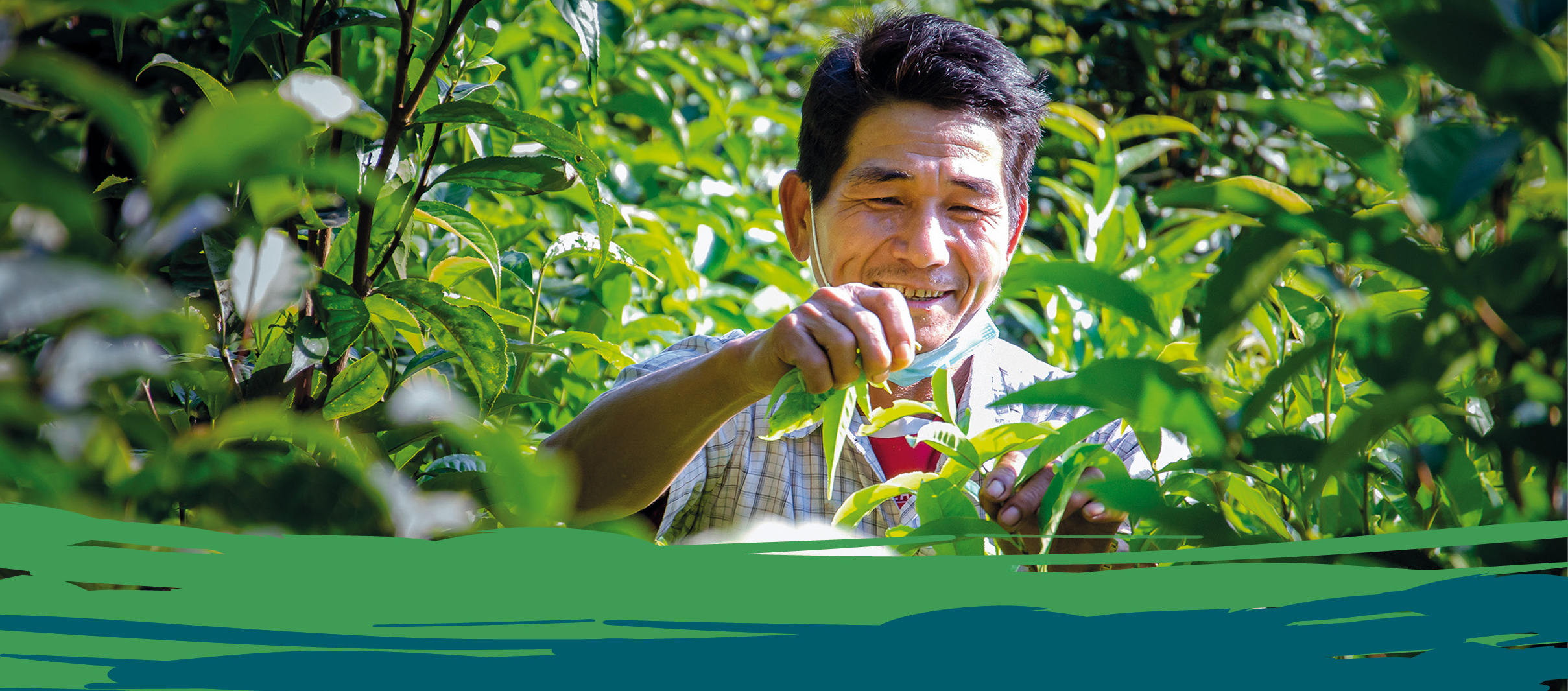In South-East Asia, GRET is continuing to promote agroecology with the Agroecology and Safe food System Transitions in Southeast Asia (ASSET) project. This 5-year project, launched in 2020, aims to make agricultural and food systems in South-East Asia more sustainable, safer and more inclusive, by tapping into the potential of agroecology.
Agriculture in South-East Asian countries today is at a crossroads, with, on the one hand, very intensive agro-industrial models consuming chemical inputs and requiring high levels of capital, accentuating the risk of depleting resources and exclusion of vulnerable populations and, on the other, innovative agroecological systems that are more respectful of the environment, populations and the climate, and provide a better response to growing demands for food and health security. Identification of agroecological models integrating agricultural and food system transitions, as well as mechanisms for large-scale support of these transitions, is a major challenge.
A common vision of agroecology and food security
Following the ACTAE project, conducted from 2015 to 2018, which aimed to develop the ALiSEA regional multi-stakeholder network to promote agroecological initiatives in the Greater Mekong region, GRET is continuing its action in favour of a common vision of agroecology and of safe food system transitions in South-East Asia, particularly in Laos, Myanmar, Cambodia and Vietnam, via the ASSET project.
This new project is being conducted in partnership with governments in the countries of operation, civil society and the private sector (including small producers), to generate knowledge and turn the knowledge accumulated into sustainable innovation processes and policies addressing challenges faced by young farmers and the issue of gender equality. It takes a global approach including research, development of stakeholders’ capacities, creation of stakeholder networks, defence of sectoral policies, awareness-raising and communication.
Coordinated by GRET, in close collaboration with Cirad – which is in charge of scientific coordination – ASSET mobilises the expertise of 27 national and international partners from research institutions, universities, NGOs, United Nations organisations and the Ministries of Agriculture in the four countries concerned. This project is funded by Agence française de développement (AFD) and the European Union for a total of 12 million euros.
The launch workshop will take place from 10 to 12 November 2020 in Vientiane, in Laos.
Strengthening of initiatives contributing to agroecological and food security
Consultations at local, national and regional levels with partners will be organised to define a common vision of agroecology and sustainable food system transitions. In order to reach this objective, the project partners will identify and choose their transition orientations: this is referred to as the “theory of change”. It will enable planification of the strategy and actions such as:
- Development of the ALiSEA network
GRET is supporting the agroecological transition process through consolidation of the ALiSEA regional multi-stakeholder network. Since 2015, this network has been facilitating sharing of knowledge and experience between national and regional agroecology stakeholders and increasing the visibility and legitimacy of agroecology in South-East Asia. The ALiSEA network succeeded in bringing together a variety of stakeholders focusing on an open vision of agroecology and has a strong membership: over a four-year period, 160 organisations joined the network. ALiSEA also supports innovative initiatives by awarding small grants via calls for competitive projects to enable collaboration between members and the implementation of a national action plan. GRET is contributing to the structuring of the ALiSEA network, based on a participative, flexible approach in order to ensure the network has strong local roots.
- Implementing research for development (R4D)
Cirad is conducting development research with the ASEA and MALICA research platforms to support, evaluate and promote diversified agroecological production systems. Development research is characterised by strong involvement of various stakeholders in the research process, which fosters the production of knowledge and applied innovations. When the project starts, a pilot site in each country will be identified jointly with the Ministries of Agriculture, AFD and the main partners to develop and support agroecological innovations (technical, organisational and institutional).
- Support for political dialogue
GRET and Cirad are also providing technical support to the Lao facilitated initiative on agroecology for ASEAN (LICA), mandated by the Association of Southeast Asian Nations (ASEAN) to develop and drive a common vision of agroecological transition in the Mekong region. To do this, the partner organisations will hold consultation workshops at local, national and regional level to increase stakeholders’ understanding of agroecological transitions and contribute to the development of a political dialogue for ASEAN.
This publication was developed with support from AFD and the European Union. Its content is the sole responsibility of GRET and can in no way be considered as reflecting the views of GRET’s financial partners.






